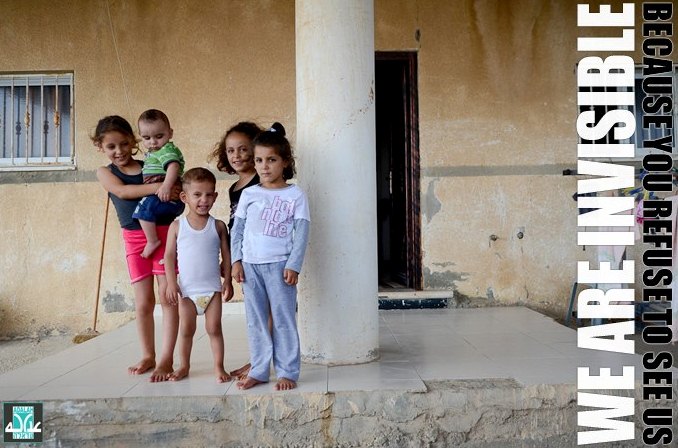Adalah to Finance Ministry: Reduction in child allowances disproportionally affects Arab families
Child allowances should not be cut
On 9 May 2013, Adalah sent a letter to Prime Minister Benjamin Netanyahu and Finance Minister Yair Lapid demanding that the government not confirm a proposed cut in child allowances in 2013-2014. A cut in the child allowances budget will disproportionally hurt Arab families, many of whom are below the poverty line, Adalah argued.
Dramatic reductions
The proposed national budget for 2013-2014 reduces monthly child allowances from 175 shekels per month per child to 140 shekels. In addition, families will receive the same amount for each child, rather than cumulative amounts. Currently families recieve 175 shekels per month for a first child, and increasing amounts up to the fourth child, for whom a family recieves 446 shekels per month.
For example, a family living below the poverty line with two children currently receives 438 shekels per month. This amount will be reduced to 280 shekels if the new budget passes. A family with four children receives 1,938 shekels, and will only receive 840 shekels under the new system.
Adalah Attorney Sawsan Zaher, who prepared the letter, emphasized that the goal of child allowances is to cover the cost of child-rearing for families that are unable to do so. The proposed cuts will hit the most-needy families the hardest.
More than half of children living in poverty are Arab
Based on information released by the Israeli National Insurance Institute, 860,900 children in Israel live below the poverty line, more than half of whom are Arab. Undoubtedly, the new policy will hit Arab families the hardest, as well as families of ultra-Orthodox Jews, who also live in similar socio-economic conditions. The reduction of the child allowances will widen the socio-economic gaps between the various groups in Israel, contrary to Israel's commitments as a member of the OECD.
Increased hardship for Arab Bedouin
This new measure compounds increased hardship for impoverished Arab families, especially for Arab-Bedouin in the Naqab (Negev). In 2012, the Knesset passed a law requiring children to be vaccinated in order to receive children allowances. Vaccinations are given at mother and child clinics, of which there is a severe shortage in the Naqab. Adalah has petitioned the Supreme Court against the lack of mother and child clinics multiple times, and more recently petitioned against the new vaccination law.
Attorney Zaher emphasized in the letter that, “Child allowances are part of the social security system the goal of which is to help families maintain a minimum level of a dignified life. The Supreme Court has affirmed this standard as a constitutional right. Therefore it is imperative that the government not cut children’s allowances.”

Photo of Arab Bedouin children by Jenny Nyman for Adalah’s Stop Prawer campaign














